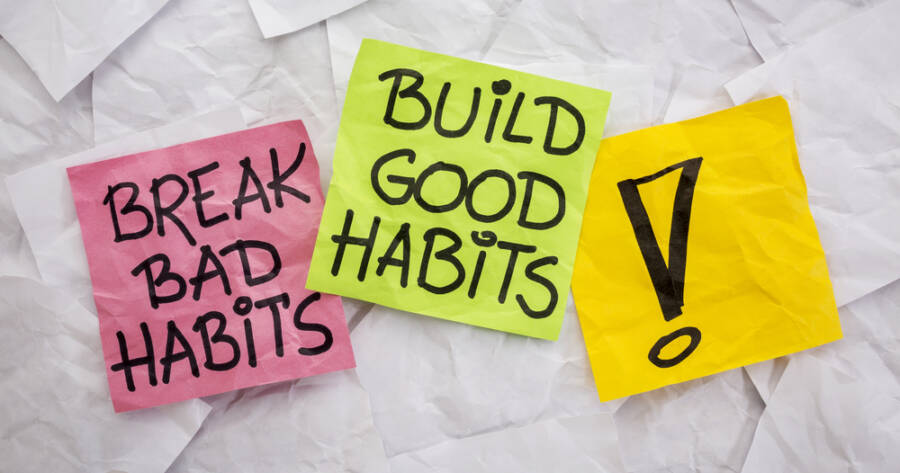Building positive habits can feel challenging, especially when life gets busy. But research shows that certain techniques make it much easier to form routines that stick. Whether you want to exercise more, eat healthier, or become more organized, understanding how habits are created gives you the tools for real, lasting change. Explore proven strategies for better habits today!
Start Small to Build Momentum
One of the best ways to form a new habit is to start with small, manageable steps. Researchers at Stanford University, including Dr. BJ Fogg, found that tiny habits are easier to maintain because they fit naturally into your life. For example, if your goal is to run every morning, begin with just putting on your running shoes and stepping outside.
Once a small action becomes automatic, it feels natural to expand on it. This early momentum helps reduce the feeling of overwhelm, making it easier to stick with the behavior over time. Many people abandon goals because they set them too high at the start. Instead, small wins build motivation steadily.
Anchor New Habits to Existing Routines
Habit-stacking is another proven method that makes it easier to form new routines. Developed by behavioral scientist James Clear, this method involves linking a new habit to something you already do regularly. For instance, if you want to practice daily gratitude, you could add it right after brushing your teeth at night.
By connecting a new behavior to an existing routine, you eliminate the need to remember it separately. The brain naturally picks up on these links, helping the new habit form more quickly. Habit-stacking works especially well for busy people who want to add positive changes without disrupting their schedules too much.
Focus on Identity, Not Just Outcomes
Many people make the mistake of focusing only on goals like “losing weight” or “saving money.” However, research suggests that habits stick better when they are tied to identity. Instead of aiming to “run a marathon,” aim to become “a runner.” Instead of just saving money, aim to become “a financially responsible person.”
Shifting your mindset from what you want to achieve to who you want to become makes daily actions feel more meaningful. Identity-based habits align with your self-image, making it more natural to follow through. Over time, each small decision reinforces the person you are becoming, strengthening the habit even further.
Design Your Environment for Success
Willpower alone often isn’t enough to maintain new habits. That’s why environment design is such a powerful tool. Researchers have shown that people are much more likely to follow through on good habits when their surroundings support them.
For example, if you want to eat healthier, place fruits and vegetables in visible, easy-to-reach spots. If you want to read more books, leave one on your pillow so you see it before bed. On the flip side, reducing friction for bad habits—like keeping junk food out of the house—helps prevent backsliding.
In short, making the right choices easier and the wrong choices harder can have a major impact on habit success.
Be Patient and Track Your Progress
Building a habit takes time, and expecting instant results can lead to frustration. Studies suggest that it can take anywhere from 21 to 66 days to fully form a new habit, depending on its complexity. The key is to be consistent even when progress feels slow.
Tracking your behavior, even in simple ways, can make a huge difference. A visual tracker, like crossing off days on a calendar, gives you a sense of achievement and keeps motivation high. Apps designed for habit tracking can also send helpful reminders to stay on course.
Missing a day does not mean you have failed. What matters most is getting back on track quickly without guilt. Progress, not perfection, is the real goal.
Make Habits Work for You
Positive habits do not form by accident—they are built through small, strategic actions repeated over time. Starting small, anchoring habits to routines, focusing on identity, designing your environment, and tracking your progress all dramatically increase your chances of success.
With patience and the right techniques, lasting change is possible for anyone. Mastering habits is not just about willpower; it’s about setting yourself up to win every day.

